If Black Mirror: Bandersnatch is the future of Netflix, I’m switching off
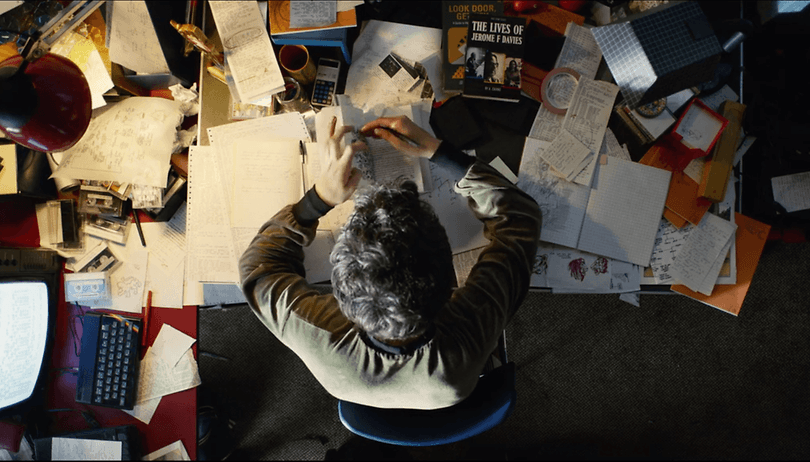

What Charlie Brooker and Netflix have achieved with this interactive choose-your-own-adventure show is an impressive technical feat, but I found the whole experience frustrating. If interactive shows are the future of the Netflix, I’m jumping ship.
Spoiler Alert: this article contains minor spoilers about the plot of Black Mirror: Bandersnatch.
Before we get into any critical analysis and subjectivity around Bandersnatch, I want to clear up a couple of things. I was born in 1986 and am too young for the nostalgia factor to weigh too heavily on my experience (Bandersnatch takes place in 1984), but not quite old enough for the whole thing to look like a period drama. There are loads of easter eggs and subtle nods to the 80s in this, some of which I got, and some of which went over my head.
I am, however, a huge Black Mirror fan, and an admirer of Charlie Brooker’s work in general - going right back to Nathan Barley in 2005, a show that was written as satire, yet now feels more like a fly on the wall documentary.
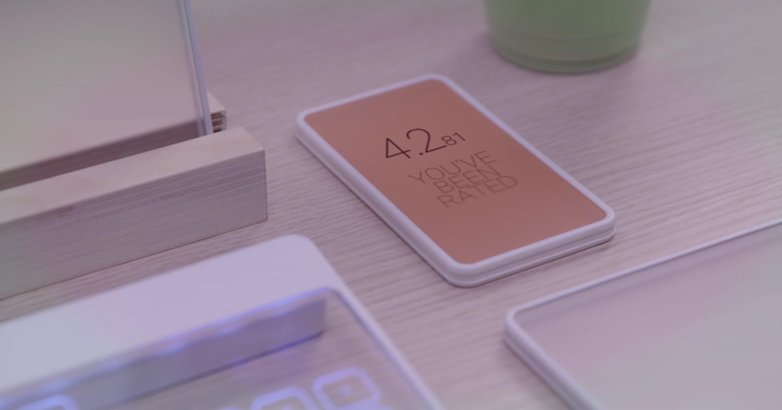
I was excited to watch the latest installment of Black Mirror. I’ve always found the series’ take on new technology to be so clever. Positioning itself just far enough into the future to be science fiction, yet with the perils and consequences we can already see and touch today. The result has always been a dark tone that makes you feel like the worlds depicted could be our world tomorrow. The observations about modern society and the way we use technology are always so on the money. Scathing yet accurate. Brooker has a way of seeing the worst in people, and I love that.
Bandersnatch, which was directed by David Slade, is deep and well thought out. In fact, there’s a super secret ending where protagonist Stefan plays a tape on the bus that was not part of the original selection. The tape plays a weird sound which, when run through a ZX Spectrum computer, produces a QR code. The code leads to a website, where you can download a free, playable copy of Nohzdyve, the game which developer Colin Ritman is working on in the show.
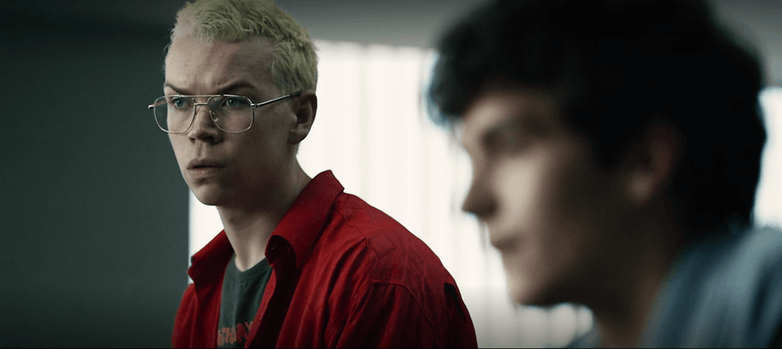
Almost all of this, however, will pass the majority of viewers by. And that’s kind of the source of my frustration with the project. My first playthrough/viewing/experience (we need to decide what verb we are going to use for this type of media) began with giddy excitement. The first time I had to make a decision and saw the choosing mechanic in action I thought to myself ‘wow, I was not expecting it to be that slick’.
Yet, the novelty soon wears off, and the whole thing becomes a bit stressful. There is a false freedom in there, where ‘wrong’ choices lead to you trying the scene again. That's fine, but after I finished my path through the story and got my ending, I was left feeling unfulfilled.
The show does a good job of trying to show you the content you missed in a meaningful way, allowing you to jump back to certain points in the story and take another path. However, the whole thing becomes a stressful and distracting experience. I only saw my favorite scene in the show, a bizarre fight sequence, during this tidying up loose ends bit at the end, and out of context its impact was somewhat lost.
The problem is that, for me, television is all about escapism. It doesn’t matter how dark or emotionally draining a show is, as long as I can disappear into that world and leave this one behind, if only for 45 minutes or so. I don’t want to work, or engage. I want to relax.
My colleague Nicholas has since told me about a clue that may be the answer to this problem. At the start of the episode, the first thing you hear is a line from the Frankie Goes To Hollywood track - Relax. The song goes: “relax, don’t do it.” Is this a clue to how you should really watch the show? By leaving your controller to one side and letting the auto-pick do its thing, you can watch a lot of content and reach a satisfying ending.
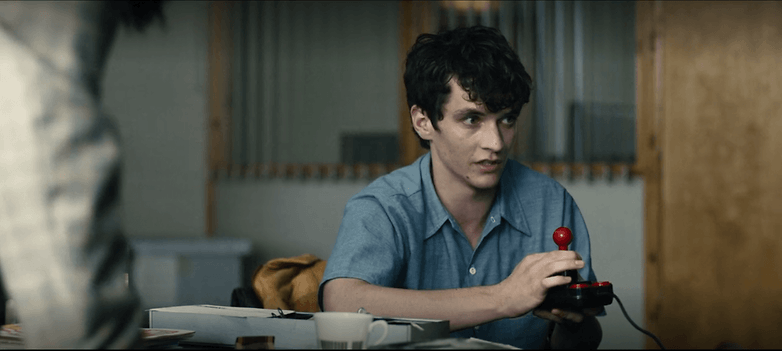
It is no surprise to see Netflix experimenting with new types of content. Industry experts have been musing for ages that the platform has already peaked. Around 45% of US households already subscribe to Netflix, and growth is becoming more and more difficult. It costs Netflix an average of $170 to acquire a new customer which means, at $10.99 a month, it takes the company 16 months just to break even on every new user. If they cancel before that time, Netflix is losing money on them.
There is still room to grow outside of the US, of course, but Netflix needs something new if it is going to justify its lofty valuation. A breakthrough with a new, game-changing content format would be a huge help.
One of the main reasons why Netflix might be keen to invest in this new kind of content format is that interactive movies are difficult to pirate. After all, if the story can go in several different directions, the methods that do the job for linear content won't work. The Walking Dead was the most pirated TV show in 2018, despite the fact that all eight seasons are on Netflix. There is clearly still an audience that will only pay for content when they absolutely have to.
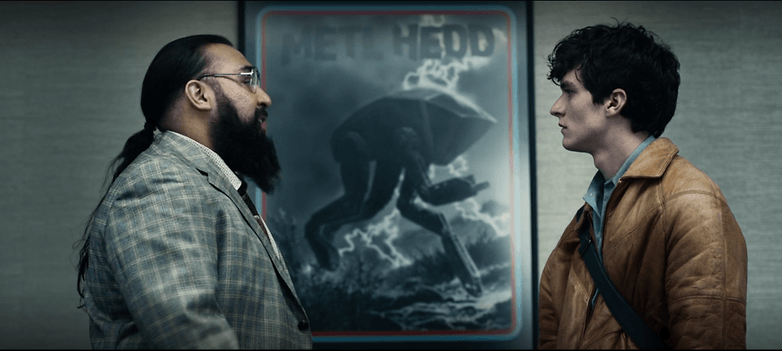
As for Bandersnatch, I have not gone back to rewatch the episode using the hands-off approach mentioned earlier, but if the song is meant as an intentional hint, then my argument that this is not a relaxing viewing experience is only strengthened. If this form of interactive television is the start of the next big thing in entertainment, then I suspect it will split the generations. Perhaps younger, sharper viewers who embrace the urge to tap, to swipe and to engage will love it. My generation will probably just switch off.











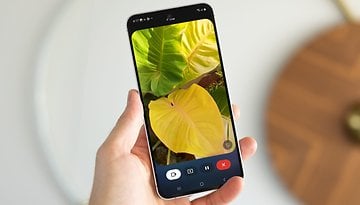


I agree with your review, David. I feel the exact same way. Kudos to Netflix for trying something new, but this style of storytelling is not for me.
Bring on the Punisher season 2 !
Are you kidding with this review??? The entire episode's content was based around the argument of whether or not your decisions can alter some or any of the circumstances the universe has in store for you. The interactive nature of the episode could not have been more appropriate. Many or all of the Black mirror episodes tend to revolve around philosophical notions of free will and decisions. If this truly bothered you then you have totally missed the point. Brooker is delivering a very important message and intensifying the effectiveness of the message by allowing viewers to see the direct impacts of their decisions vicariously through the characters. It's his greatest work thus far.
You are being super dramatic about the whole thing and basically just wrote an article consisting of 95% clickbait/spoilers and 5% whining because you totally missed the point of it all. This is a useless article and really should be removed. Anyone claiming this type of interaction to be the future of Netflix is either being dramatic or pushing an agenda.
I agree, bunch of controversial click bait with no original content what so ever.